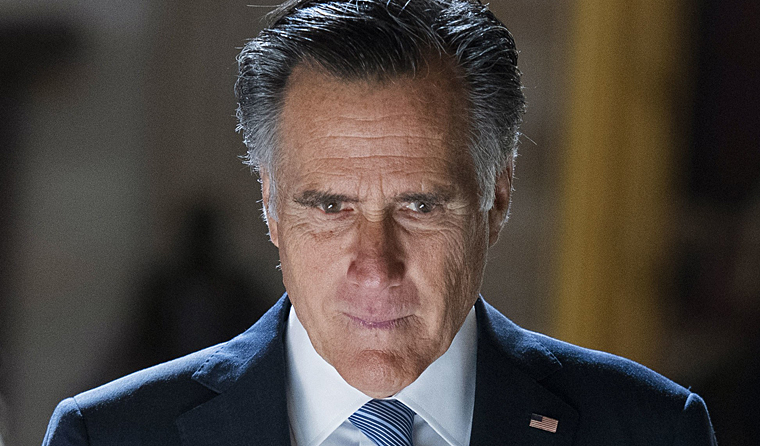
The downside of poor is fairly obvious; no money – no food comes to mind. But in America being poor seems to have fallen on particularly hard times of late; the end of welfare, denigration of food stamps, no health insurance, and a safety net very well-frayed around the edges. Let’s face, we have a cultural bias towards rich.
Rich and poor are relative terms, no absolute definition exists. Mitt Romney certainly is rich, but his 250 million dollars is a different kind of rich than the guy with a couple of hundred thousand dollars in the bank. As a term, “rich” has reached the limits of its usefulness, as have “well-off, affluent, prosperous and wealthy;” adding “very” or “very, very” contributes no specific meaning. It might be time for some new vocabulary, pegged to specific levels of wealth. We might consider some Orwellian new-speak; “rich” for a million, “double-rich” for 100-million, and “double-plus-rich” for a billion.
When it comes to how we define the poor, we’ve got a richness of vocabulary; “poor, low income, poverty-stricken, destitute, broke, empty-handed, indigent, insolvent, needy, underprivileged, strapped,” and just plain “bad-off.” And “very,” of course, can be added to each of these. In new-speak, we could simplify matters with “poor” for fifty-thousand, “double-poor” for twenty-thousand, and “double-plus-poor” for living on the street. One of the fathers of modernity, Thomas Hobbes (1588-1679), was a stickler for definitions and I think he’d like new-speak; too many words just make people confused.
Speaking of Hobbes, it was in his masterwork about people and society, Leviathan, that he defined rich and poor and associated it with human nature. For Hobbes and others writing during the late Renaissance and Age of Enlightenment of European culture, the essential ingredient driving all behavior was power, and those with wealth, according to Hobbes, appropriately gain power. In fact, he goes so far as to say that if someone is rich, they are entitled to power, and conversely, if one is poor then some defect of character is at play. “Good fortune,” says Hobbes,”honorable; as the sign of the favor of God.” “Poverty, dishonorable.” Ouch! He never uses the words “welfare cheat” but you get the picture.
Mitt Romney, in a moment of complete candor, announced recently “I’m not concerned about the poor.” I like it when the wealthy and powerful are honest, it’s refreshingly different! Mitt, by the way is “double-rich” but would, I’m sure, like to be “double-plus-rich” like his new pal The Donald. Both Mitt and The Donald inherited their first riches, bequeathed upon them from fathers who had each accumulated money and power…you know, favored by God and all. Neither Mitt nor The Donald have ever been poor, let alone double-plus-poor, so there’s not reason to expect they’d be concerned about the plight of the underprivileged.
Ironically, it’s really the middle-class that has little vocabulary of its own. In fact, only two other words are ever used, “bourgeois” (which is much too bourgeois for American political speech) and “ordinary.” Thus we hear a lot of political claptrap about concerns of the “double-rich” about “ordinary” Americans. Neither favored by God nor entirely dishonorable, ordinary is so meaningless that even “double-plus-ordinary” means nothing. And that’s politics 2012: all about nothing.